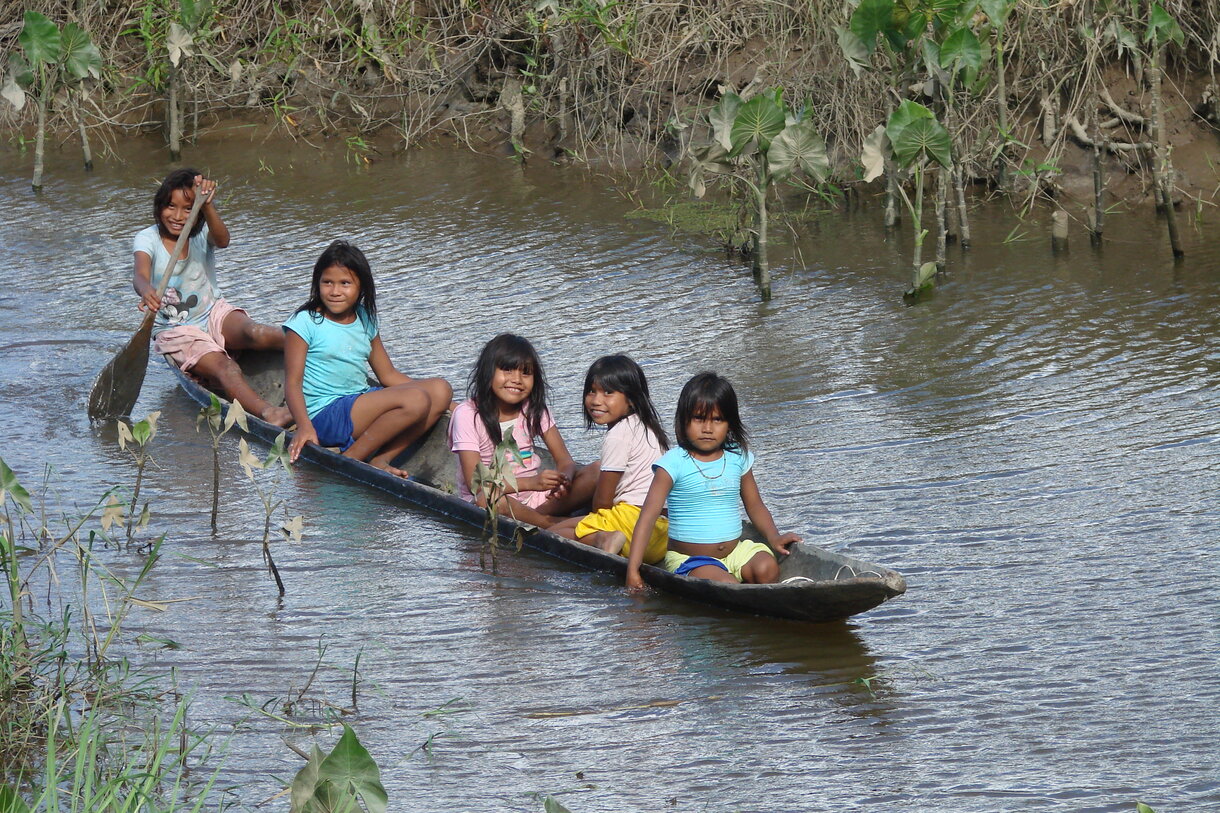Final Day in Venezuela – The Journey Home and Reflections
Our last morning on Margarita Island began before dawn – by 5:00 AM we were up to catch our morning flight to Caracas. We had a moment of panic worrying about daylight savings time affecting our plans, but it turned out Venezuela – as a tropical country – doesn’t practice this absurd tradition for its latitude. The Conviasa flight departed punctually, and after a short flight we landed at Simón Bolívar International Airport in Caracas.

Venezuelan-Style Security Checks
Caracas airport procedures were exceptionally strict. We passed through two different security checkpoints, with baggage scans each time. The most intriguing element was the posting of passenger lists selected for additional screening – those chosen were led away in reflective vests by officials. We encountered similar suspicion later in Frankfurt, where our plane was surrounded by police vehicles and every passenger underwent detailed questioning. Compared to German bureaucracy, Polish customs officers seemed downright polite.
Venezuelan Paradoxes – Travel Curiosities
1. The World’s Cheapest Gasoline
In the country with the world’s largest oil reserves, fuel costs an absurdly low $0.03 per liter (95 octane). This is Hugo Chávez’s legacy, who introduced fuel subsidies as a “gift to the people.” Paradoxically, cheap fuel leads to massive gas station queues and thriving smuggling operations to neighboring countries.
2. Venezuelan Cuisine
Venezuelan food blends Indigenous, African, and European influences. While not as refined as Mexican cuisine, it has its charms: – Arepas – cornmeal patties stuffed with everything from cheese to meat – Pabellón criollo – the national dish of rice, black beans, fried plantains, and shredded beef – Cachapa – sweet corn pancakes
Surprisingly, tropical fruits (mango, papaya) cost more than in Poland, while local coffee ranks among the world’s best. The national spirit is rum, particularly brands like Santa Teresa and Pampero.

3. Nightlife? Not in Venezuela!
After sunset (which comes around 6:30 PM in the tropics), cities empty out. Most Venezuelans return home by 7:00 PM – a consequence of high crime rates. The exception is tourist areas like Margarita Island, where nightlife flickers in hotel complexes.
4. Toothless Smiles
In rural areas, you’ll often meet men missing teeth – a result of poor dental care and a local tradition considering dental hygiene unimportant for “real men.” Despite this, Venezuelans rank among the world’s happiest people – always smiling, even in difficult situations.
5. A Culture Without “Thank You”
Among the Warao Indigenous people, you’ll rarely hear “thank you” or “please.” In their culture, neighborly help is assumed and requires no thanks. In cities, customs differ somewhat, though Venezuelans are generally less formal than Europeans.

6. Electricity? Not Always!
Despite having one of the world’s largest hydroelectric plants (Guri on the Caroní River), Venezuela experiences regular blackouts. In Juan Griego, power was cut every other day between 7:30-9:00 PM – a legacy of poor management and infrastructure neglect.
7. Venezuelans’ View of Poland
Though language barriers limited our interactions, Venezuelans primarily associated Poland with Pope John Paul II. Some elders remembered 1980s footballers like Zbigniew Boniek and Włodzimierz Lubański. Younger people mostly asked about… winter and snow, which for tropical residents seems like exotic fantasy.
Summing up three weeks in Venezuela: it’s a land of contradictions – beautiful yet dangerous, resource-rich yet infrastructure-poor, hospitable yet restricted. Despite everything – the risk was worth taking to see it all firsthand.

Leave a Reply